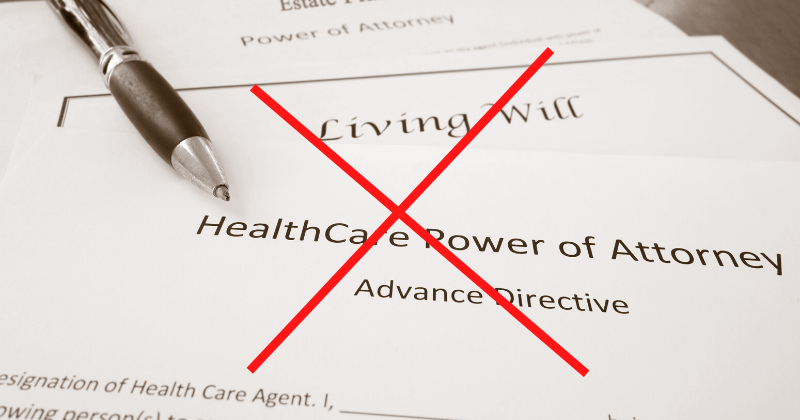
A power of attorney (POA) authorizes someone to take legal actions for another person under specific circumstances. While many times a power of attorney is permanent, a limited power of attorney is designed to be temporary or for very specific situations and can be revoked when it is no longer needed. You can rescind both a permanent and a temporary power of attorney for any reason, provided you follow the legal process in your state and you are legally competent to manage your own affairs.
A power of attorney is a legally binding document if it is executed according to your state’s laws. To end a power of attorney, you must also follow your state’s laws. A person who authorized his power of attorney to someone else can revoke that POA at any time, even before any specified end date:
1. Put It In Writing
Your decision to revoke a power of attorney should be in writing in a Power of Attorney Revocation and should specify the exact document you are rescinding, who was given your POA and on what date.
2. Get It Notarized
Illinois law requires that a POA revocation document is notarized to be legally binding.
3. Inform Your Designee
The person you gave your power of attorney to should be notified that you have revoked the POA, in writing. Give them a copy of your notarized revocation document.
4. Notify Third Parties
Any other person or organization, such as a financial or health care institution, was notified of the original POA, notify them in writing that the power of attorney has been revoked.
An estate planning attorney can guide you in ensuring that your power of attorney revocation is correctly executed and legally binding and help you execute any new power of place you want to put in place.
Learn More:
• Benefits of a Durable Power of Attorney
• What Is A Springing Power of Attorney?
When you work with an attorney to execute a limited power of attorney lawyer, they can help you rescind a previous limited power of attorney. To talk to a Chicago attorney contact us at the Estate & Probate Legal Group in Lombard Illinois at (630) 382-8063.